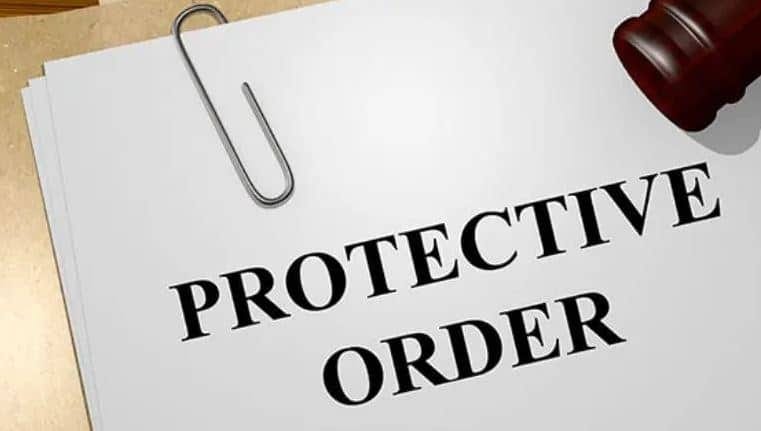Sixties Fan
Diamond Member
- Mar 6, 2017
- 57,342
- 10,918
- 2,140
- Thread starter
- #321
Rep. Michael Turner (R-Ohio) questions Gordon Sondland, U.S. ambassador to the European Union, during a House Intelligence Committee impeachment inquiry hearing on Capitol Hill in Washington on Nov. 20, 2019.
Rep. Mike Turner (R-Ohio), chair of the House Intelligence Committee, told CNN anchor Jake Tapper that he can’t defend former President Donald Trump’s behavior as described in the federal charges made against him and his handling of classified documents while insisting that prosecutors will have to “prove” if he truly broke the law.
“Now, with respect to this litigation, it’s going to go forward. And I’m certainly not going to defend the behavior that is listed in that complaint. But they’re going to have to prove it. And it’s a legal process that’s going to have to go forward,” Turner, who has repeatedly defended Trump over the last year, said on CNN’S “State of the Union” on Sunday.
“You care about national security. When you saw the insecure way those documents were stored at Mar-a-Lago, did it make your stomach churn?” Tapper asked Turner.
“Well, it’s certainly of grave concern,” Turner replied. He explained that he and leaders of the House and Senate intelligence committees looked over the documents that Trump and Biden each respectively held on to.
“And I can tell you that, from having looked at both of those documents, I have grave concern about both of those type of documents being out in an unsecured place. Both of them included details of national security issues that should not have been outside of a controlled environment,” Turner added.
(full article online)

 news.yahoo.com
news.yahoo.com
Rep. Mike Turner (R-Ohio), chair of the House Intelligence Committee, told CNN anchor Jake Tapper that he can’t defend former President Donald Trump’s behavior as described in the federal charges made against him and his handling of classified documents while insisting that prosecutors will have to “prove” if he truly broke the law.
“Now, with respect to this litigation, it’s going to go forward. And I’m certainly not going to defend the behavior that is listed in that complaint. But they’re going to have to prove it. And it’s a legal process that’s going to have to go forward,” Turner, who has repeatedly defended Trump over the last year, said on CNN’S “State of the Union” on Sunday.
“You care about national security. When you saw the insecure way those documents were stored at Mar-a-Lago, did it make your stomach churn?” Tapper asked Turner.
“Well, it’s certainly of grave concern,” Turner replied. He explained that he and leaders of the House and Senate intelligence committees looked over the documents that Trump and Biden each respectively held on to.
“And I can tell you that, from having looked at both of those documents, I have grave concern about both of those type of documents being out in an unsecured place. Both of them included details of national security issues that should not have been outside of a controlled environment,” Turner added.
(full article online)

Staunch Pro-Trump Lawmaker Admits That Mar-A-Lago Documents Are Of 'Grave Concern'
GOP Rep. Mike Turner, the chair of the House Intelligence Committee, has previously defended Trump and his mishandling of classified documents.

